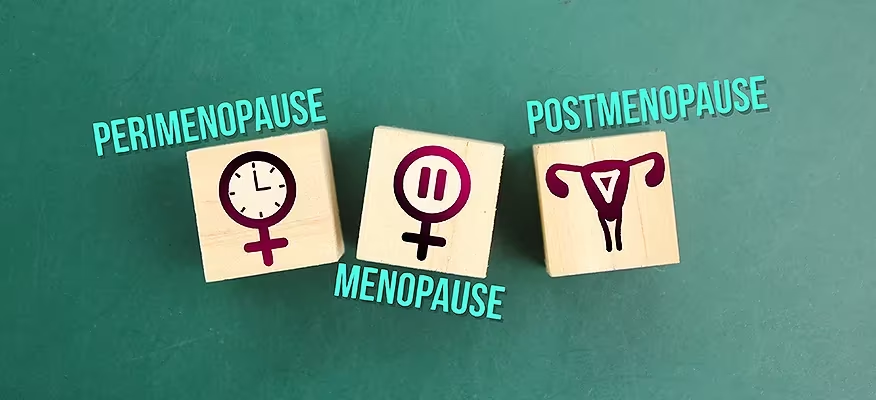My Experience with Perimenopausal Vertigo
Perimenopause can be a time of great physical and emotional upheaval, with symptoms like night sweats, anxiety, and weight gain often disrupting daily life. For me, one of the scariest experiences during perimenopause was an unexpected dizzy spell, what I later realized was perimenopausal vertigo.
It all started after grabbing a late lunch after a morning and afternoon of working. I suddenly began feeling a strange dizziness, one I had never experienced before. It quickly spiraled into a room-spinning sensation, followed by vomiting that seemed endless. I couldn’t help but think it was a spiritual attack. The fear I felt was overwhelming as I became ungrounded, unsure of what was happening to my body.
Eventually, the spinning slowed, but I was left paralyzed by fear. I found myself constantly worrying that if I moved or turned my head, I’d trigger another spell. That’s when I realized I had experienced vertigo.
Can Perimenopause Cause Vertigo? Understanding the Link
After much research, I discovered that vertigo could be linked to perimenopause. The hormonal changes during this time, particularly fluctuating estrogen levels, can disrupt the inner ear and balance system, leading to dizziness and vertigo.
This discovery led me to explore potential solutions for managing my symptoms. After reading about the benefits of Vitamin D, I began taking high doses of Vitamin D3 combined with K2 and Magnesium Glycinate, which has become a key part of my routine.
How Vitamin D3 + K2, and Magnesium Can Reduce Perimenopausal Vertigo
Vitamin D3 is not only essential for bone health, but it also plays a vital role in hormone regulation, which can help ease many perimenopausal symptoms, including night sweats, anxiety, and dizziness.
Magnesium and Vitamin K2 work synergistically with Vitamin D3 to optimize absorption and balance hormones. Since incorporating these into my daily routine, I’ve experienced noticeable improvements in my symptoms, particularly in managing vertigo and overall balance.
The Importance of Awareness and a Holistic Approach
Perimenopause needs more awareness, as it can catch women off guard, sometimes triggering an existential crisis. For me, I have always relied on self-research and holistic approaches rather than conventional medicine, and this journey was no different.
Along with supplements, I prioritize a healthy diet and lifestyle. Regular movement, hydration, stress management, and proper nutrition are all crucial for balancing hormones and reducing symptoms.
Want to Know What Brands I Use?
If you’re interested in knowing which brands of Vitamin D3, K2, and Magnesium I personally use, I’ve listed them in my Recommended Reading & Supplements section. Feel free to check them out!
Final Thoughts
What I’ve learned through this experience is the importance of doing your own research and finding what works for your body. While supplements like Vitamin D can be incredibly beneficial, everyone’s journey is unique, and it’s essential to tailor your approach based on your individual needs.
If you’re dealing with perimenopausal symptoms like vertigo, night sweats, or anxiety, I encourage you to explore Vitamin D supplementation, along with magnesium and K2. These nutrients could make a difference in how you manage your symptoms.
Ultimately, it’s about understanding your body, doing the research, and finding a routine that helps you navigate this phase with more ease.


https://shorturl.fm/MVjF1
https://shorturl.fm/47rLb